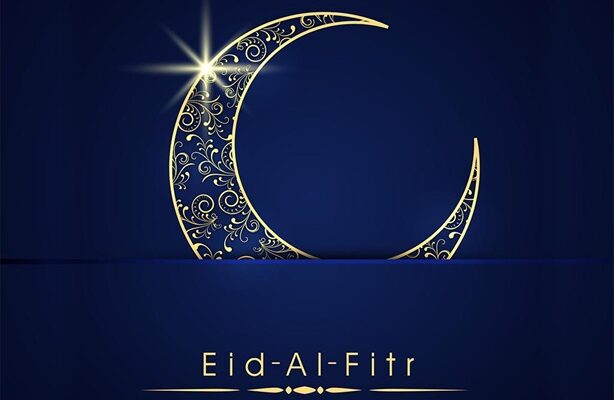As the month of March draws to a close, the anticipation for the celebration of Eidei-fitr grows stronger. This auspicious occasion, also known as Eid al-Fitr or the Festival of Breaking the Fast, marks the end of the holy month of Ramadan. For Muslims around the world, this is a time of joy, gratitude, and spiritual renewal.
We will take a historical journey to understand the origins and significance of Eidei-fitr.
The history of Eidei-fitr dates back to 610 AD when the Prophet Muhammad received the first revelation of the Quran during the month of Ramadan. This event marked the beginning of Islam and the start of the lunar calendar. It was not until 624 AD that the observance of Ramadan and Eidei-fitr was made obligatory for all adult Muslims. The Prophet Muhammad himself celebrated the first Eidei-fitr with his companions, and it has been a tradition ever since.
Over the centuries, Eidei-fitr has become an integral part of Islamic culture and is celebrated by over 1.8 billion Muslims worldwide. It is a time when families and friends come together to commemorate the end of fasting and to reconnect with their faith. The day begins with special prayers at the mosque, followed by a family gathering and feasting on traditional delicacies. It is a time of forgiveness, charity, and spreading love and happiness among loved ones and the less fortunate.
The significance of Eidei-fitr goes beyond the celebration itself. It is a time to reflect on the lessons learned during the month of Ramadan – self-discipline, compassion, and empathy for the less fortunate. Fasting during Ramadan teaches Muslims to be grateful for their blessings and to understand the struggles of those who are less privileged. Eidei-fitr is also a reminder of the importance of community and unity. Muslims of all backgrounds and cultures come together to celebrate this occasion, breaking any barriers of race, nationality, or social status.
Moreover, Eidei-fitr is a symbol of hope and new beginnings. During the month of Ramadan, Muslims strive to improve themselves and their relationship with Allah through prayers, good deeds, and fasting. Eidei-fitr marks the end of this spiritual journey and the beginning of a fresh start. It is a time to reflect on one’s actions and to make resolutions for the future.

In a world where divisions and conflicts are prevalent, Eidei-fitr serves as an opportunity for people to come together and celebrate their differences. The message of love, peace, and unity that Eidei-fitr embodies is more relevant now than ever before.
In conclusion, Eidei-fitr is a significant celebration for Muslims worldwide, commemorating the end of Ramadan and the beginning of a new chapter. It is a time to reflect, rejoice, and spread love and kindness.
This year, as we celebrate Eidei-fitr on the 30th of March, let us remember the true essence of this occasion and strive to make the world a more harmonious and compassionate place.
Eid Mubarak to all!
– Benjamin Ibrahim, a Retired Permanent Secretary, writes from Lokoja.




